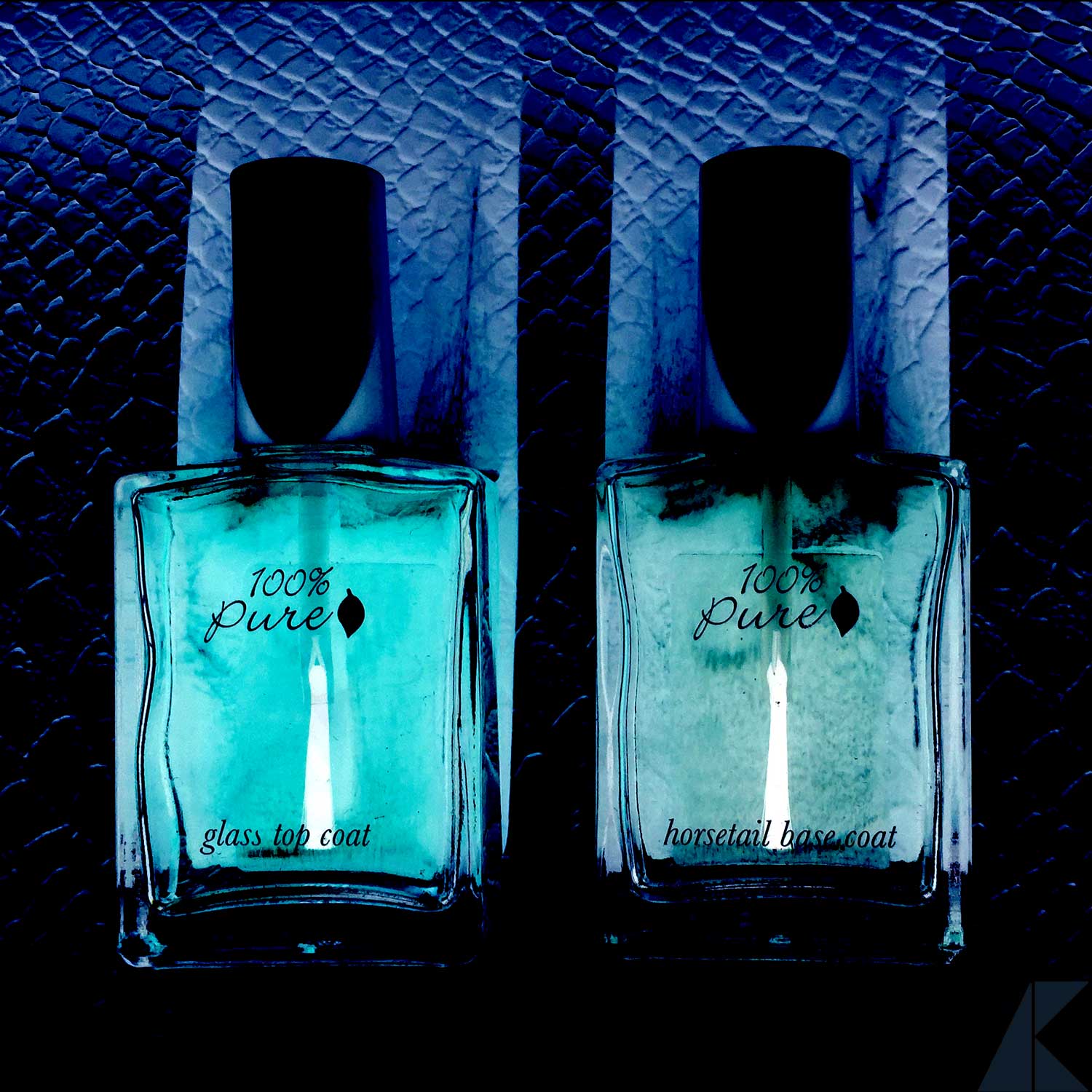Dr. Flores Takes "$cientist" to the Next Level: Leveraging that PhD for a Cure Off the Bench
“My job is to find a scientific basis for a cure for HIV by 2020”
The Basics
Years in the Game One and 1/2 yrs
Education PhD, MPH
Whereabouts New York Freaking City
$cientist: Marcella Flores, PhD, MPH
Job Title 1: Associate Director of Research at amfAR, The Foundation for AIDS Research
Job Title 2: President and CEO of the Reagent Project in Brooklyn, NY
How did you land the amfAR position?
While I was a postdoc at Columbia a recruiter contacted me via LinkedIn expressing a need for a viral immunologist. This is an HIV organization that has committed $100 million towards finding a scientific basis for a cure for HIV. All of our grant making is specifically toward this focus, so they really wanted a scientist.
What prepared you for this role?
“This is the most important work that I have done in any job that I have had, including my jobs as a scientist.”
My training as a bench scientist had very little to do with making me successful in this environment. The soft skills that I picked up helped in communicating our focus to donors. I’m not sure my postdoc expressly prepared me for this, but doing presentations, chatting with my colleagues and anyone outside of the field about my work helped. It’s really important to be able to communicate excitement about science. Scientists are excited about new discoveries and learning to communicate that excitement turns other people on enough to open their wallets or their minds to a cure because it can be difficult for some people to wrap their minds around. There is quite a bit of writing in this organization and I’ve learned to write in the form of news stories. I also get contacted by the media for interviews a lot. All of this was something that I learned on the fly, but I have a lot of support.
Did the organization want you to have all the exact skills?
Statistics show that it is more common for women to shy away from applying to positions if they don’t meet all the skills. They wanted a scientist above all and they were willing to train me. During the interview process, this organization wanted to get a feel for a person who could succeed in all of their venues. I never would have applied for this position because I thought I was unqualified. I learned that you can learn a lot on the fly and your colleagues are willing to teach you if you are in the right environment.
What do you find most challenging about your job?
A lot of the same things that I find challenging as a scientist. Recently, I was reminded that I am one of only two PhD’s on this staff and my job is to find a scientific basis for a cure for HIV by 2020. Given the enormity of that task was quite overwhelming. However, we have all of the resources, a $100 million, and the entire organization’s backing. So my boss and I first had to break it down: what scientific questions need to be answered in order for an HIV cure to come about, how can we solicit scientists to answer this specific question or roadblock, and how are we going to review and analyze which applications are the best? It’s something that all grant makers face, but amfAR really approaches it in a way that is very focused and very targeted.
How does this approach compare to academia?
I’m impressed by how focused amfAR’s approach is of working on one topic and publishing. In academia, it’s wonderful that you can meander through a problem and find lots of cool little results that you didn’t think about. But this approach takes you five or six years to graduate.
Do you still interact with scientists?
Yes, we call scientists to review applications in which they are experts. If I read a paper that I find interesting, then I ask a question about the experiments and write to the authors directly to ask them about how their work evolved. I invite them to an in person meeting with our scientific advisory director, which is a person outside of amfAR.
What’s the best thing about working there?
It’s a really mission driven place. Everyone here, from the administrators to the CEO is very mission driven, and I love that everyone’s heart is in the right place. It makes coming to work actually a pleasure. I also find the work really fascinating, and the overall purpose to affect the people living with HIV is really important, too.
Why did you choose this position instead of academia?
I was really excited about being a PI during my first two years in grad school because I didn’t know that there was a whole other world where my interests and skills could be used. Also, exposure in grad school to a lot of the struggles of the PI’s- how little science and how much grant writing they do- was a huge turn-off for me. The fact that they were always terrified of not getting the grant, of not having enough money in three years to sustain the work. It’s just the constant stress level that I didn’t want in my life. I like coming to work and knowing that my salary is going to be here. As a scientist you don’t really get an opportunity to excite non-scientists about science.
Where are you headed with this position?
There is not a current position above mine, so one would need to be created. In other departments it’s Deputy Director, so that is a possibility. I’m hoping that we find a cure by 2020 because I would really like to see this work. This is the most important work that I have done in any job that I have had including my jobs as a scientist.
What would you tell someone who wanted to follow your path?
To be in my path you definitely need a PhD. Use the opportunity in grad school to present and talk about your work as much as possible with everybody. Normally, at conferences you don’t want to talk with established scientists because you don’t want to look stupid. Just because you don’t know something doesn’t mean you are stupid, it just means you don’t know it. Now is not the time to be a wallflower, so do the opposite because everyone appreciates someone who is curious.
For more on IWA$ with Dr. Marcella Flores, check out the story on how she started her non-profit and what life is like outside of science.
SCIENCE IS BEAUTY™
EFFORTLESSLY BEAUTIFUL IN THE LAB.









